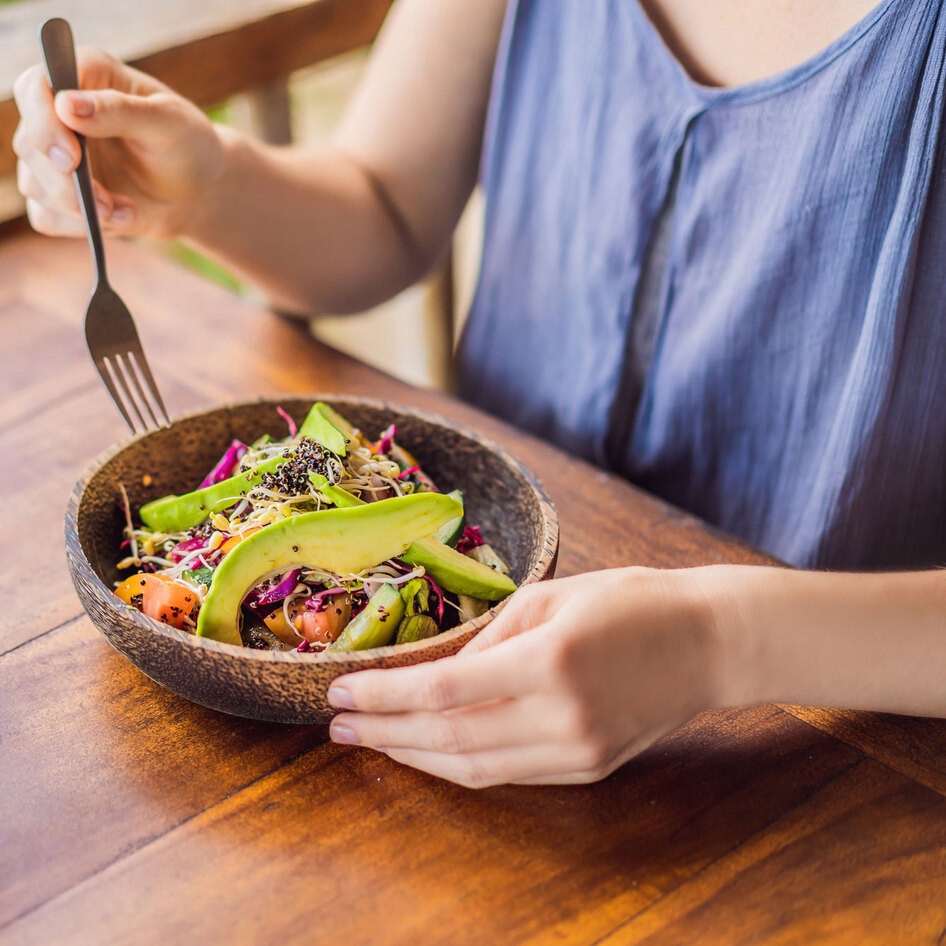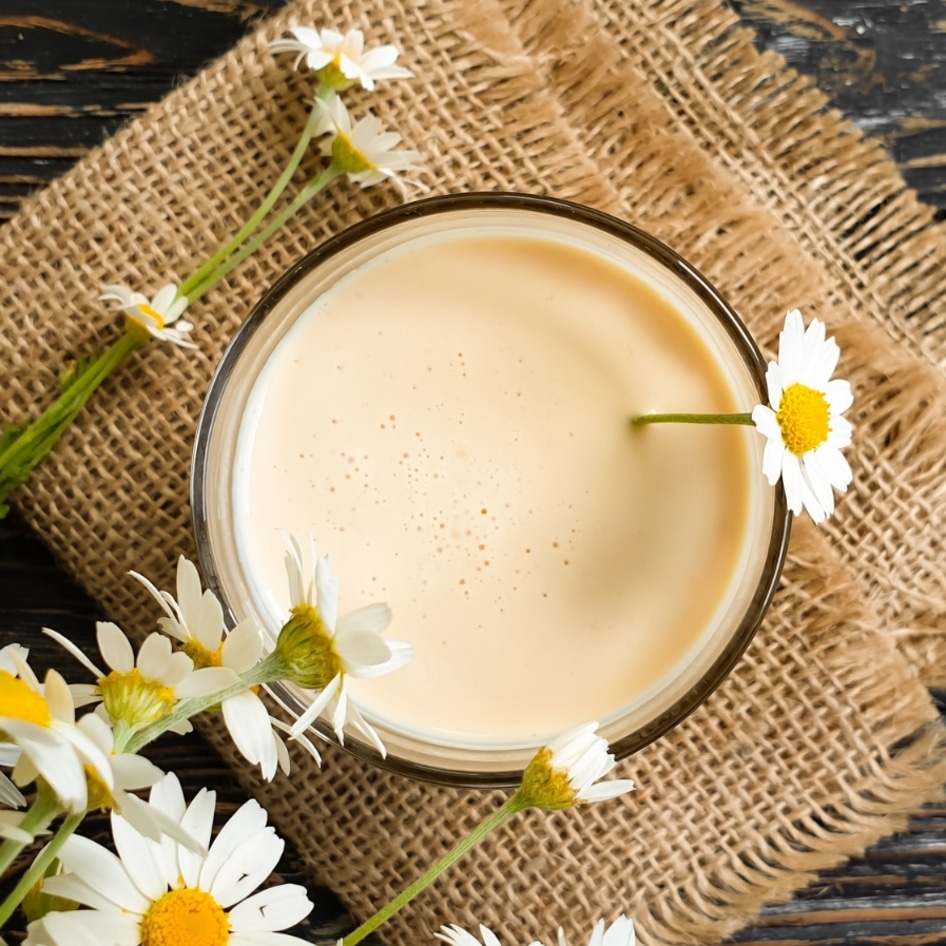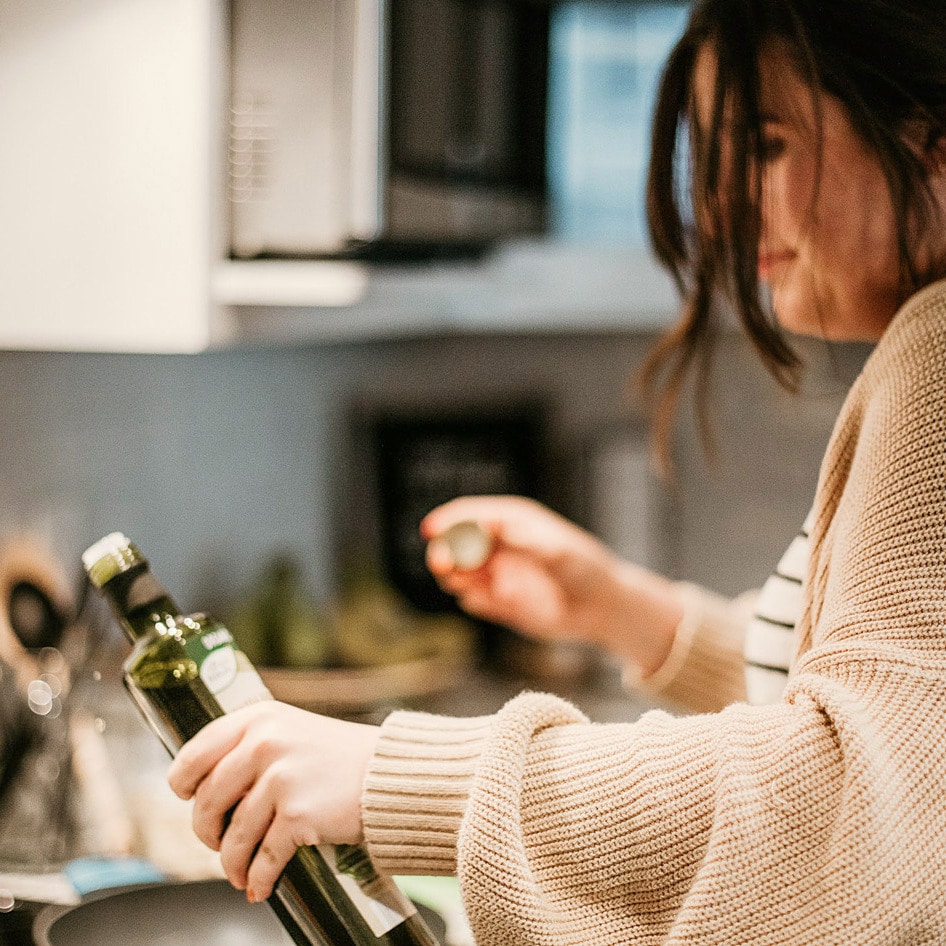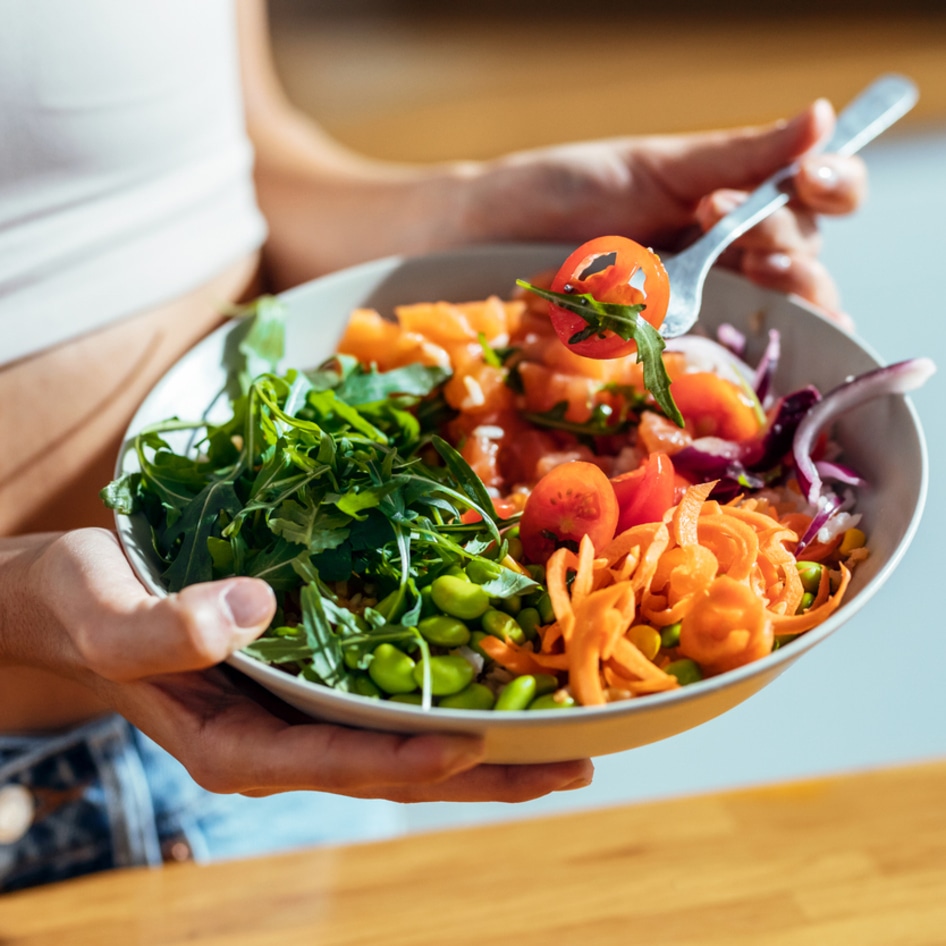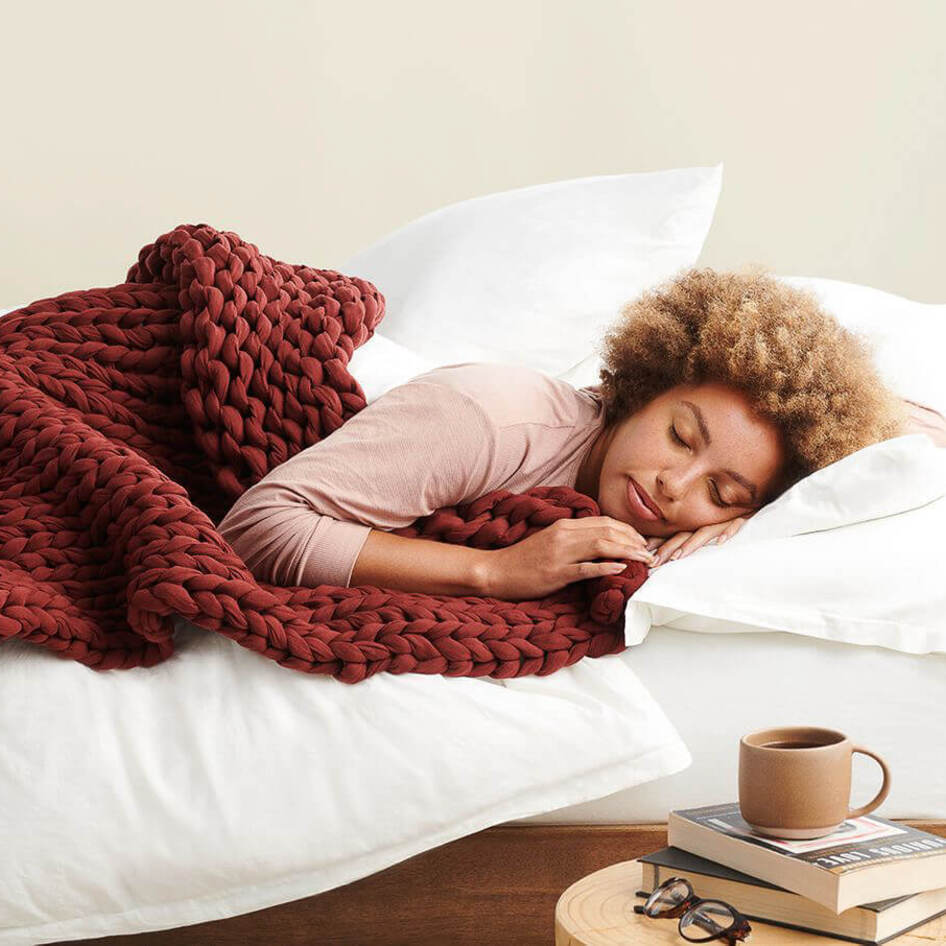In 2023, Americans spent approximately $427 million on over-the-counter sleep aids. But what if the secret to quality sleep was already in your pantry and fridge?
Emerging research has begun to draw more definitive lines between our diets and our sleep quality. One recent survey conducted by the Sleep Foundation reveals that plant-based diets not only contribute to overall health but also significantly improve sleep duration and quality.
 Ketut Subiyanto/Pexels
Ketut Subiyanto/Pexels
Specifically, it found that vegetarians and vegans typically experience an additional 36 minutes of sleep each night compared to the general population, and as many as 90 percent enjoy high-quality sleep.
Individuals on a raw food diet see even greater benefits, achieving 48 extra minutes of sleep nightly and 97 percent reporting their sleep quality as above average.
Snacking for better sleep
What is it about meatless diets that helps to promote better sleep? We turned to Anna Herby, the Nutrition Education Specialist for the Physicians Committee for Responsible Medicine (PCRM), to find out exactly how to snack before bed.
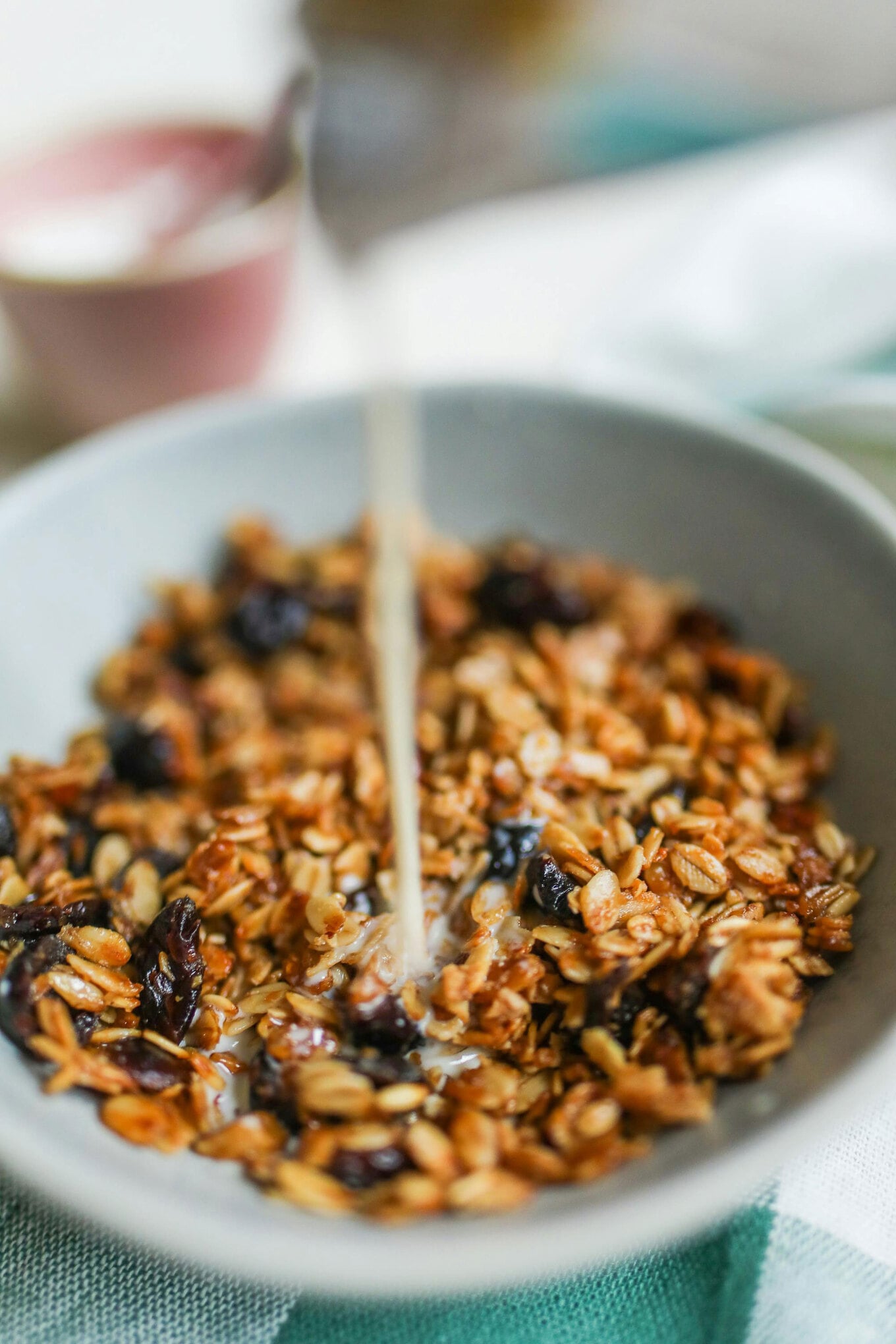 Polina Tanklevitch/Pexels
Polina Tanklevitch/Pexels
1Foods rich in magnesium and potassium
Herby explains that foods containing magnesium and potassium are crucial for a good night’s sleep and herbivores tend to get the most.
“Vegetarians and vegans tend to eat a more nutrient-dense diet that includes foods high in magnesium and potassium,” she says. “These two nutrients are especially helpful for lowering blood pressure and relaxing muscles, which often helps with sleep.”
What are these nutrient-dense foods? Great sources of magnesium include green vegetables, beans, soy products, nuts and seeds, and whole grains. On the flip side, foods high in potassium include potatoes, bananas, spinach, beets, broccoli, and yams.
Herby’s nighttime snack suggestion: Small bowl of granola with soy milk
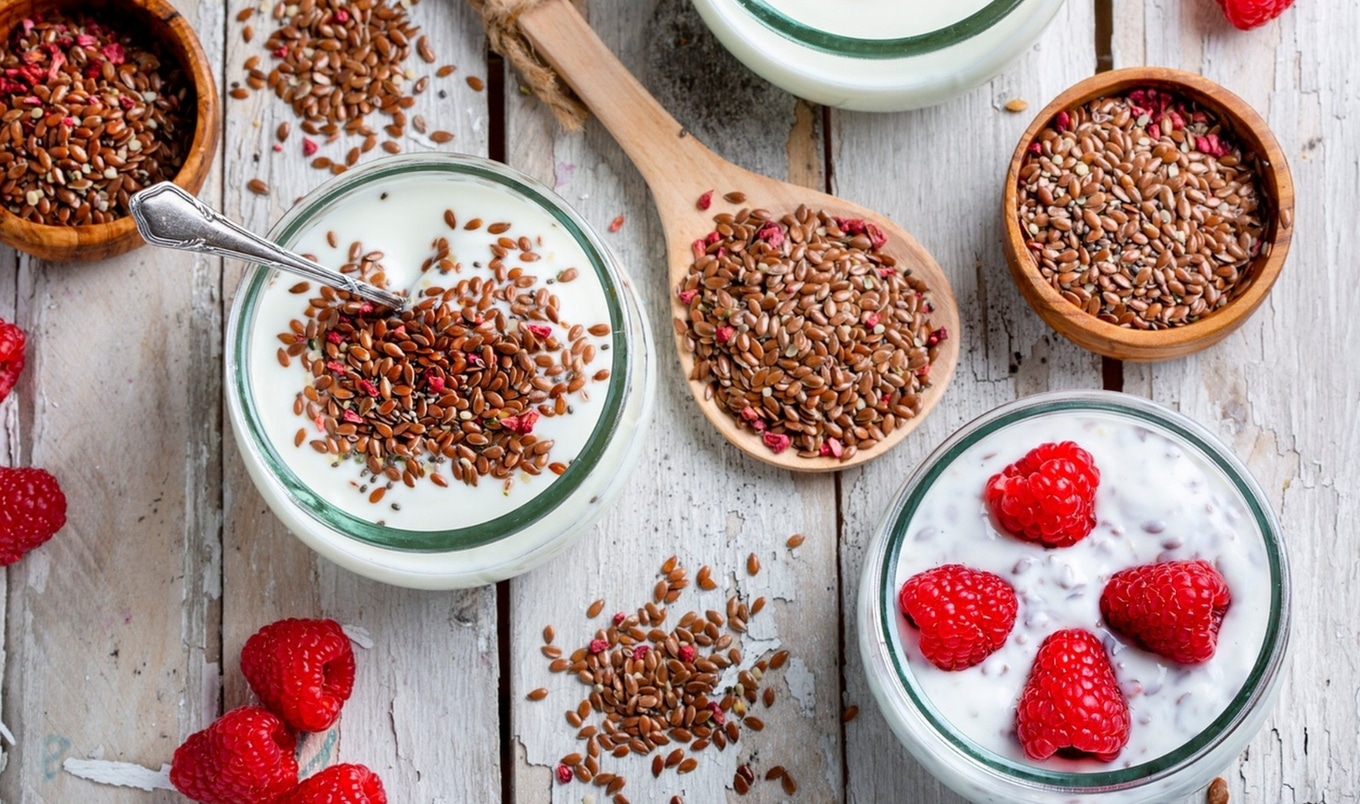 N.Voitkevich/Pexels
N.Voitkevich/Pexels
2Probiotic-rich foods
Foods rich in probiotics have been shown to promote better sleep. The Sleep Foundation survey noted that individuals consuming yogurt reported sleeping 18 minutes more than average per night.
Herby says it’s all about the probiotics. “Because healthy gut bacteria are involved in synthesizing melatonin and GABA, two neurotransmitters that make us sleepy and relaxed, respectively, having a probiotic snack before bed may be helpful for sleep,” she says. “Dairy products tend to be high in saturated fat and can be harmful for long-term health.”
Other probiotic-rich foods like sauerkraut, kimchi, and kombucha can be great choices before bed that offer similar benefits, without the inflammation associated with consuming dairy.
Herby’s nighttime snack suggestion: Dairy-free yogurt
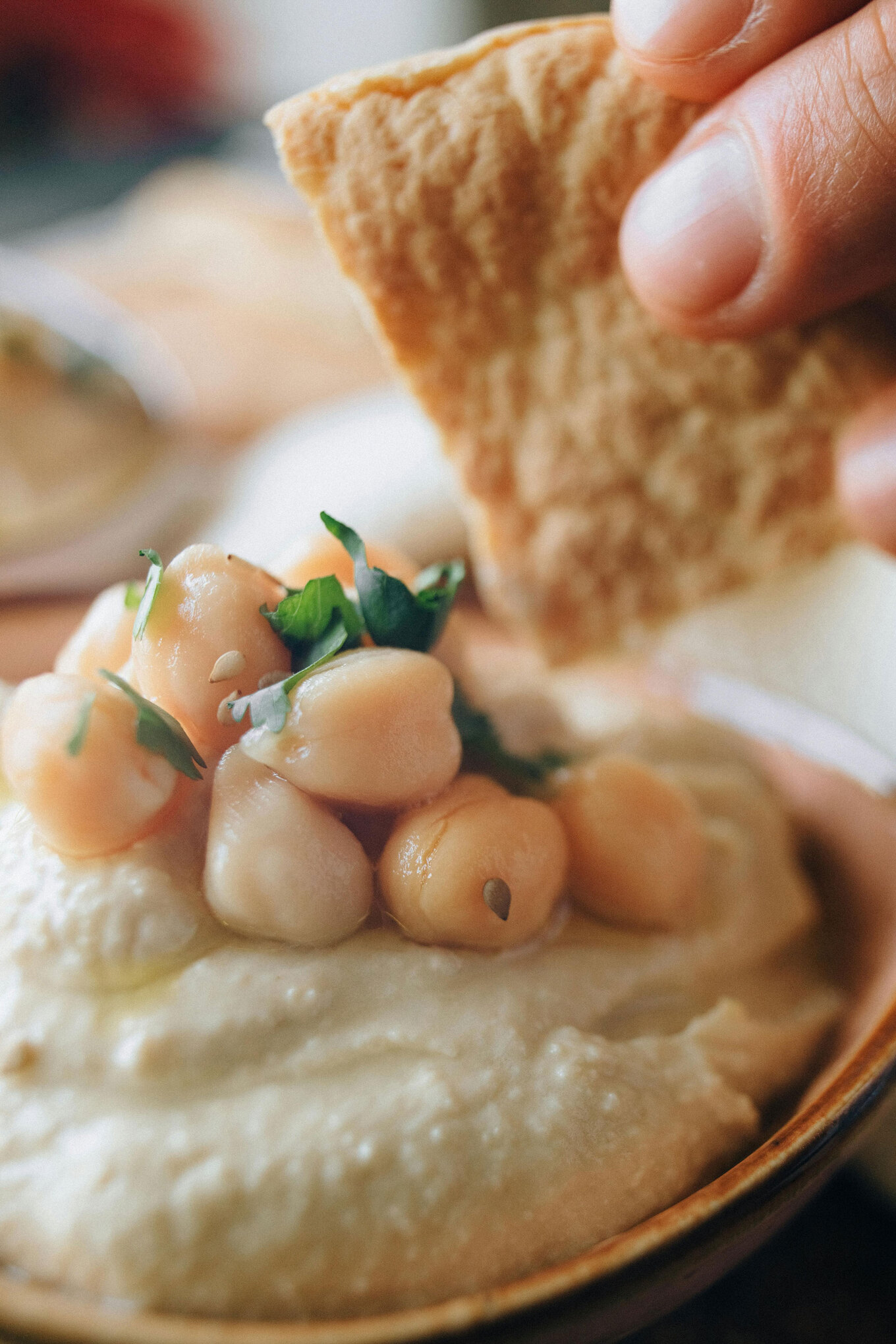 N.Voitkevich/Pexels
N.Voitkevich/Pexels
3High fiber snacks
Overall, vegetarian and vegan diets are known for their higher fiber intake, and eating exclusively plants tends to be lower in calories and saturated fat, both of which Herby says have been linked to better sleep.
“Lower body mass index (BMI) may also play a role, since fat in the abdominal area may put pressure on the diaphragm and reduce respiration, interfering with sleep,” she says. “Excess body weight can also lead to sleep apnea, causing poor sleep quality.”
Herby points to plant proteins, such as chickpeas, as a source for the amino acid tryptophan, a precursor for melatonin and serotonin, both of which she says help when it comes to better sleep.
Herby’s nighttime snack suggestion: Hummus with whole-grain crackers
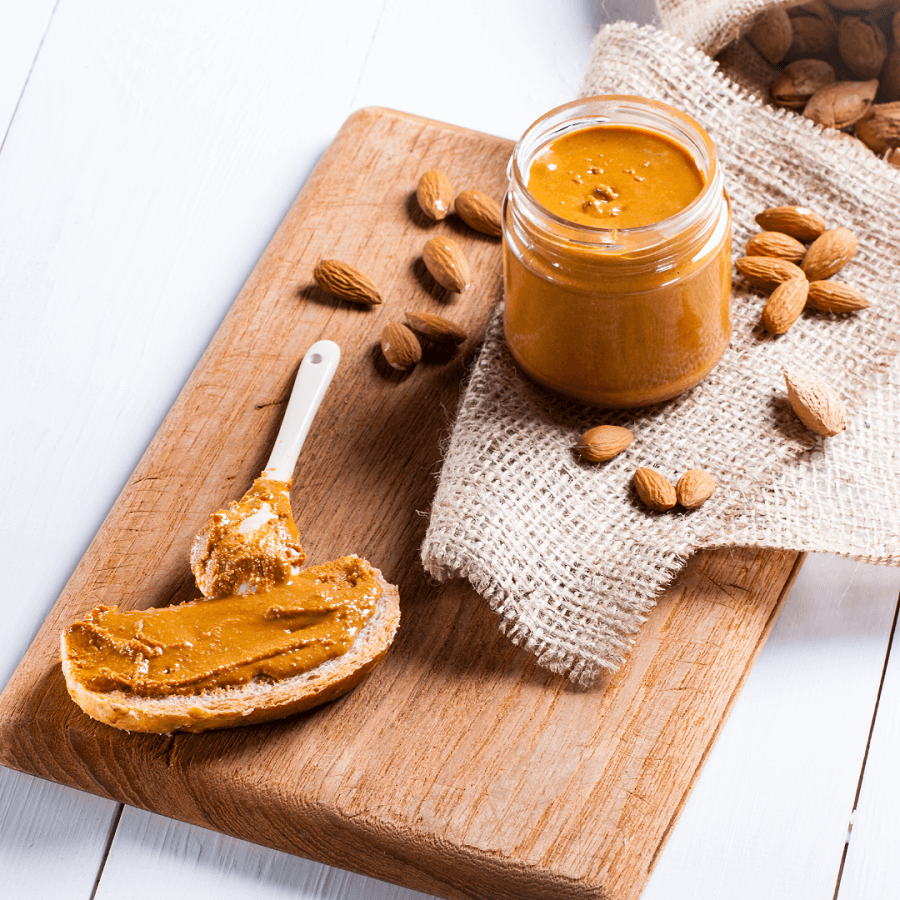 Canva
Canva
4Foods with healthy fats
While the survey found that people who ate fatty fish several times per week experienced 42 minutes more sleep per night, the key here is consuming healthy fats as part of an overall diet.
Plant sources of healthy fats include seeds and nuts such as almonds and peanuts. But even then, Herby says that timing is important.
“The worst thing to do is to eat a large, fatty meal right before bed since this could lead to feeling too full, bloated, and possibly even having heartburn when you lay down,” she says.
Herby’s nighttime snack suggestion: Sprouted grain bread with almond butter or peanut butter
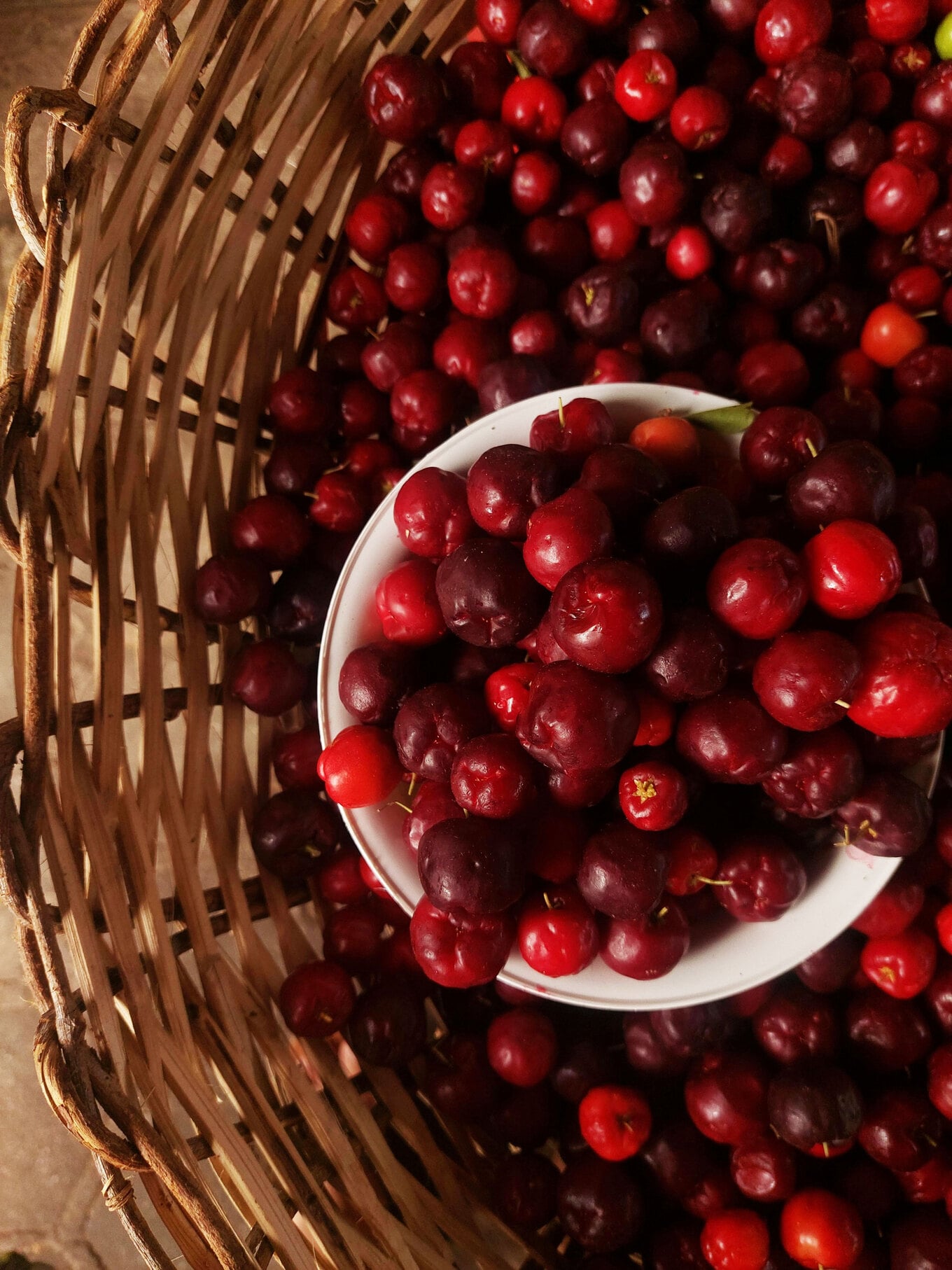 Vikeph/Pexels
Vikeph/Pexels
5Fruits for sleep
Fruits such as tart cherries and kiwi, which are high in antioxidants and have natural sleep-promoting properties, are beneficial before bed. The survey data supports this, showing an increase of up to 30 minutes of additional sleep per night for those who regularly consume these fruits.
For people living with diabetes, tart cherries can increase melatonin, they can also spike blood sugar—an issue Herby says can be solved with a little extra planning.
“One way to mitigate this is to have the cherries right after a high-fiber meal so the blood sugar doesn’t rise quite as quickly,” she says.
Herby also suggests pumpkin seeds as an alternative to cherries that can increase melatonin without raising blood sugar.
Herby’s nighttime snack suggestion: Handful of dried cherries and pumpkin seeds
Popcorn: the sleep killer?
In the Sleep Foundation survey, popcorn snackers reported 12 minutes less sleep per night than average with only 35 percent reporting “good” or “excellent” sleep quality. So is popcorn really bad for sleep? Herby says it’s a little more complicated than just popped kernels of corn alone.
 Unsplash
Unsplash
“There is nothing in popcorn itself that would cause worse sleep outcomes,” Herby says. “However, popcorn covered in butter would mean that you’re eating a high amount of saturated fat right before bedtime. This could interfere with sleep and also may slow down your blood flow for a period of time, which is all bad news for a good night’s sleep.”
In fact, it may not even have anything to do with the popcorn, itself, but the habits that surround eating it late at night that lead to a restless night.
“Popcorn tends to be a snack that goes with late-night movies or a Netflix-binge, and this screentime combined with staying up too late will lead to poor sleep,” Herby says.
As a general rule, Herby says that finishing meals several hours before bedtime, which allows for metabolizing food before sleeping, is a good practice for better sleep.
“However, for people who tend to get hungry at night, a small snack before bed can help to satisfy any night-time munchies and make sure that a growling stomach doesn’t interfere with you falling asleep,” she says.
For more on health, read:
JUMP TO ... Latest News | Recipes | Guides | Health | Shop



